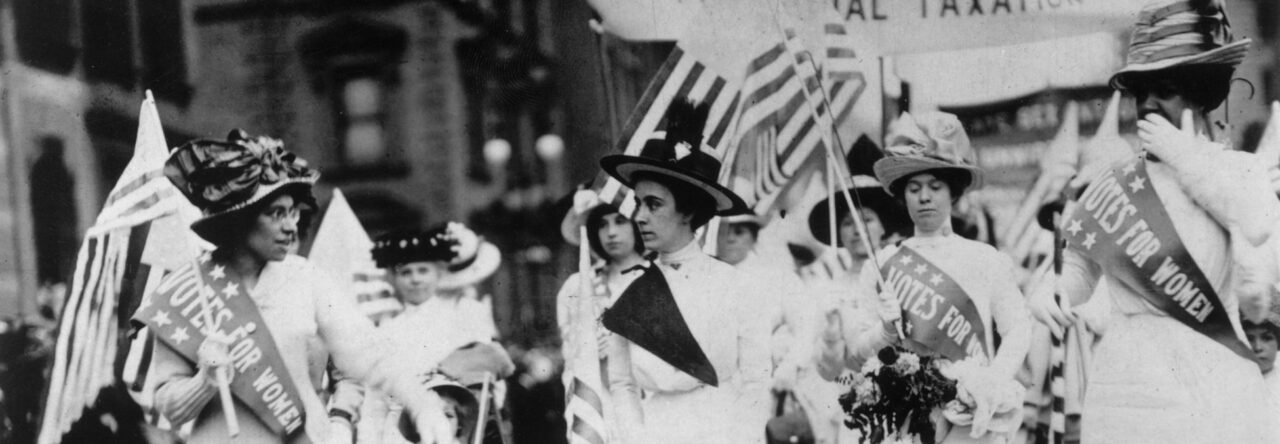“Until the highly energized campaigns of 2004 and 2008, the level of excitement attending the campaign of 1896 would have been something hard to fathom,” writes William T. Horner in 2010. “The year 1896 was a time when political campaigns were a form of high entertainment.” None knew this better than Republican candidate William McKinley’s longtime associate and campaign manager Marcus Alonzo Hanna. On Election Day 1896, there were none more attuned to the excitement and anticipation of the most expensive presidential campaign in U.S. history to that point and it showed.
“That next Tuesday will bring to us an overwhelming victory for protection, sound money, and good government there is not the slightest doubt,” Hanna wrote to his candidate just days before the election. Hanna, the Chairman of the Republican National Committee and the chief organizer of the Republican party’s platform and campaign, appealed to the highest ideals of American voters. “No campaign since the war of the rebellion has presented such great responsibilities to those entitled to the elective franchise…It is not merely a privilege, but a duty. And while it is the duty of every good citizen to express his will at the polls on all occasions, that duty has never been more serious or important than now.”
On the day of the election, November 3rd, 1896, Mr. Hanna voted early in Cleveland after traveling from the National Headquarters in Chicago and then visited McKinley at his home in Canton, according to the Washington Post. Although he initially planned to await the results in Canton, the Chicago Daily Tribune reported that “the citizens of Cleveland prevailed upon him to change” and he awaited the returns at the Union League Club. This election for which Hanna campaigned so vigorously was one of the most exciting and hard fought of the century. It pitted the Republican McKinley, a Civil War veteran, against the youthful William Jennings Bryan.
Bryan, barely eligible in terms of age to be president, campaigned extensively on a economic policy backing the free coinage of silver. He received his nomination largely because of a stirring speech during the Democratic National Convention in which he condemned the Republican gold standard and declared, “you shall not crucify mankind upon a cross of gold.” Bryan’s Democratic Party did not have the campaign might of his opponents and thus he resolved to “ignore the precedent that candidates did not aggressively campaign and to take his cause directly to the voters.” McKinley, on the other hand, backed the gold standard and conducted a “front porch” campaign from his home in Canton and left the heavy lifting up to Hanna and his Republicans. Hanna, a longtime Ohio businessman, “convinced the giants of corporate America that McKinley was their man,” and as a result developed a financing system that brought in millions to be spent on an extensive literature and pamphlet campaign, the first of its kind.
As Hanna waited for the returns on election day, he surely must have been excited as the returns from state after state told the story that one paper would call “a complete landslide” that “swept everything before it in its movement across the country.” With a hefty electoral majority by the end of the 3rd, Hanna was able to report to the McKinley, “you are elected to the highest office of the land by a people who have always loved and trusted you.” Although money did not buy the election it certainly helped Hanna in his extensive campaign to educate the American voters on the Republican economic platform.


Leave a Reply
You must be logged in to post a comment.